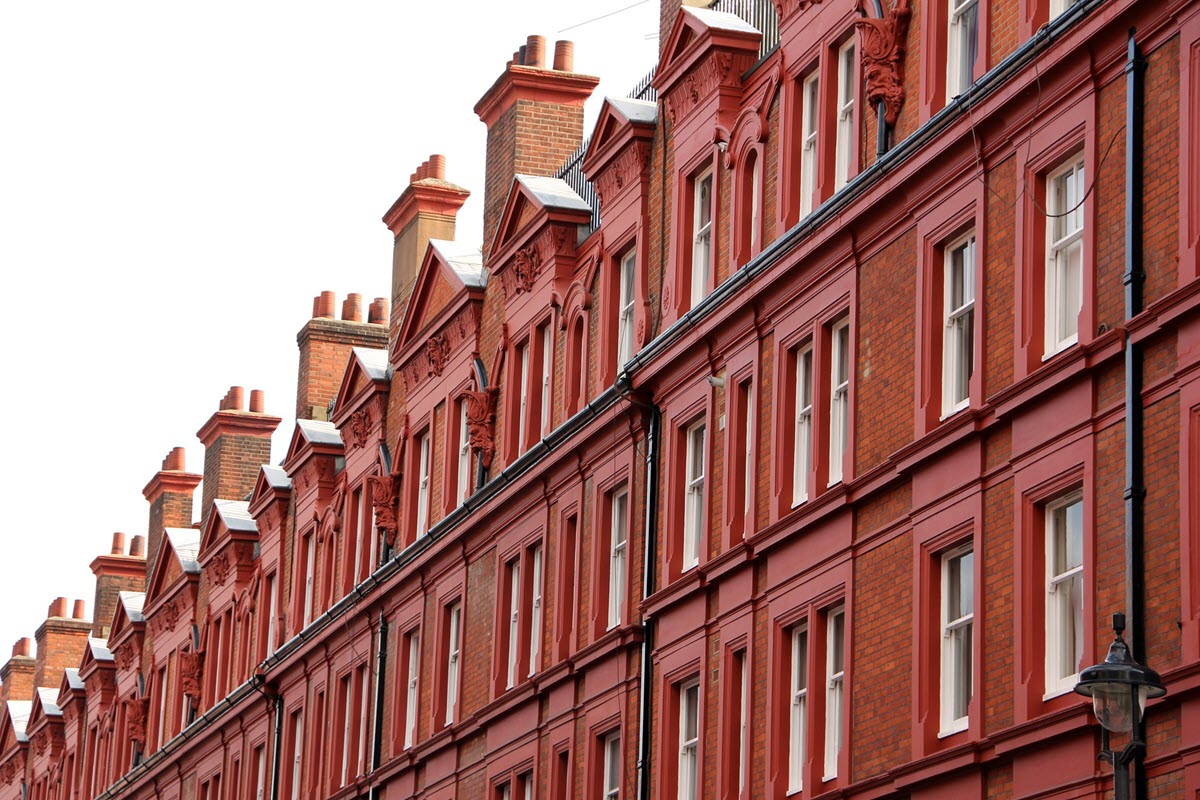Why you need professional property valuers in London
by
Watch the UK’s property and land markets for any length of time and you soon realise they’re in a constant state of flux, always changing. Within that constant state of national change there are loads of smaller changes, local changes in property values affected by a host of different reasons, from things like fracking and new industry to extensive rebuilding, refurbishing and even ‘gentrification’.
If someone builds something on your road, it can depress property prices in the immediate area or push them up – it depends what’s been built, for what purpose. A hostel for homeless people, sadly, might force local property prices down, while a development that’s a bit less controversial, a bit more ‘desirable’, might artificially inflate the prices on your street. Look what happened in 2012, for example, when much of the east London Borough of Stratford was re-developed to create the Olympic Park, a change that had dramatic effects on property and land prices in the area and beyond.
In an always-changing landscape like this you could make a decent guess at the value of a property that you want to sell or buy. But you might end up making a terrible job of it based on your own misconceptions and expectations, desires, priorities and plans. An accurate valuation provided by a professional who doesn’t have a hidden agenda, without a knife to grind, might surprise you in one way or another. But it’s best to know the truth than labour – sometimes horribly expensively – under a self-created misapprehension.
How a professional property valuer works
Property valuers in London, or anywhere else for that matter, are experts at assessing the value of land, buildings, and improvements made to buildings. The valuer will collect and analyse a wide range of facts about similar properties in the area, including local sale prices, to pin down the value of the one you need to know the price of. A valuation is essentially an expert assessment of the amount a place would sell for on a given date.
There are five main ways to value a property, namely the comparison, profits, residual, contractors and investment methods. Your valuer might use more than one method to figure out the market or rental value of your property, but most use the comparison method simply because it’s the most closely linked to current market prices.
The comparison method works best when the market is stable and there are plenty of recent lettings or sales to compare with, those of a similar size, location, condition and so on
The Profits method is best when there’s nothing to compare with, often used for properties like pubs, hotels and nursing homes. We’d analyse the business’ gross profits and deduct working expenses – excluding rent – to provide a divisible balance, in other words the capital to be shared between the tenant for running the business, and the landlord for the rent
The Investment method is good for determining the market value of a freehold or leasehold interest in a property, to find out its income potential. It’s usually used when a tenant is giving the landlord an investment return on the capital cost of buying the property. We analyse comparable property transactions for sales and lettings to pin down the revenue, then apply profit to future rental income, discounted to the present day. The resulting number is the net present value or NPV, a clear indicator of the building’s value
The contractor’s method is all about cost. We use it when we can’t use comparative profit or investment methods. If your property or the one you want to buy is so specialist there are no other market transactions to compare it with, we look at all the costs involved in building a modern equivalent, then adjust the resulting figure according to the building’s age. Often called the method of last resort, it’s also pretty unreliable, mostly because market value is set by supply and demand, not the building cost
The Residual method is handy for valuing property that has development potential, and also land that’s vacant. We’d take the gross development value and remove the development costs, including profit, which leaves us with the capital the developer can spend on the property. As you can imagine this method can be very inaccurate, which is why it’s best combined with other methods
Take the guesswork out of property valuations
We think it’s important to get it right first time, every time. If you want your London property valued accurately, expertly and fairly, give us a call.

 +44 (0)20 3355 7909
+44 (0)20 3355 7909 professional@friendandfalckesurveyors.co.uk
professional@friendandfalckesurveyors.co.uk
